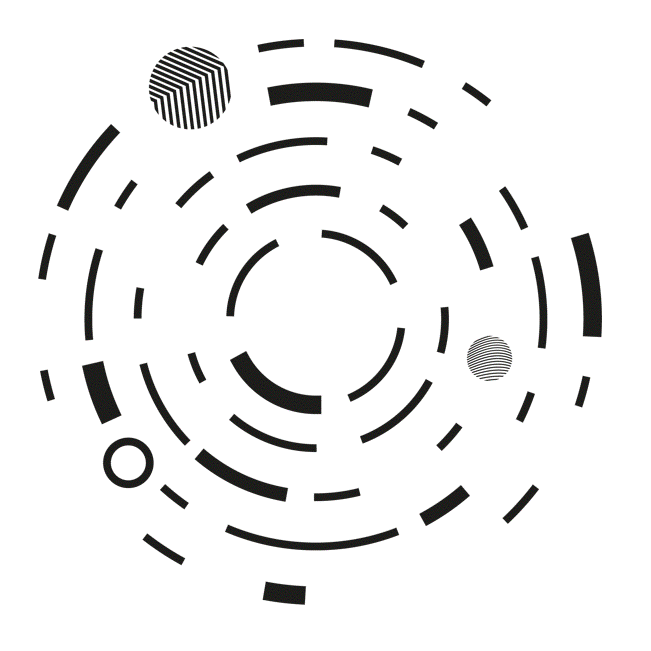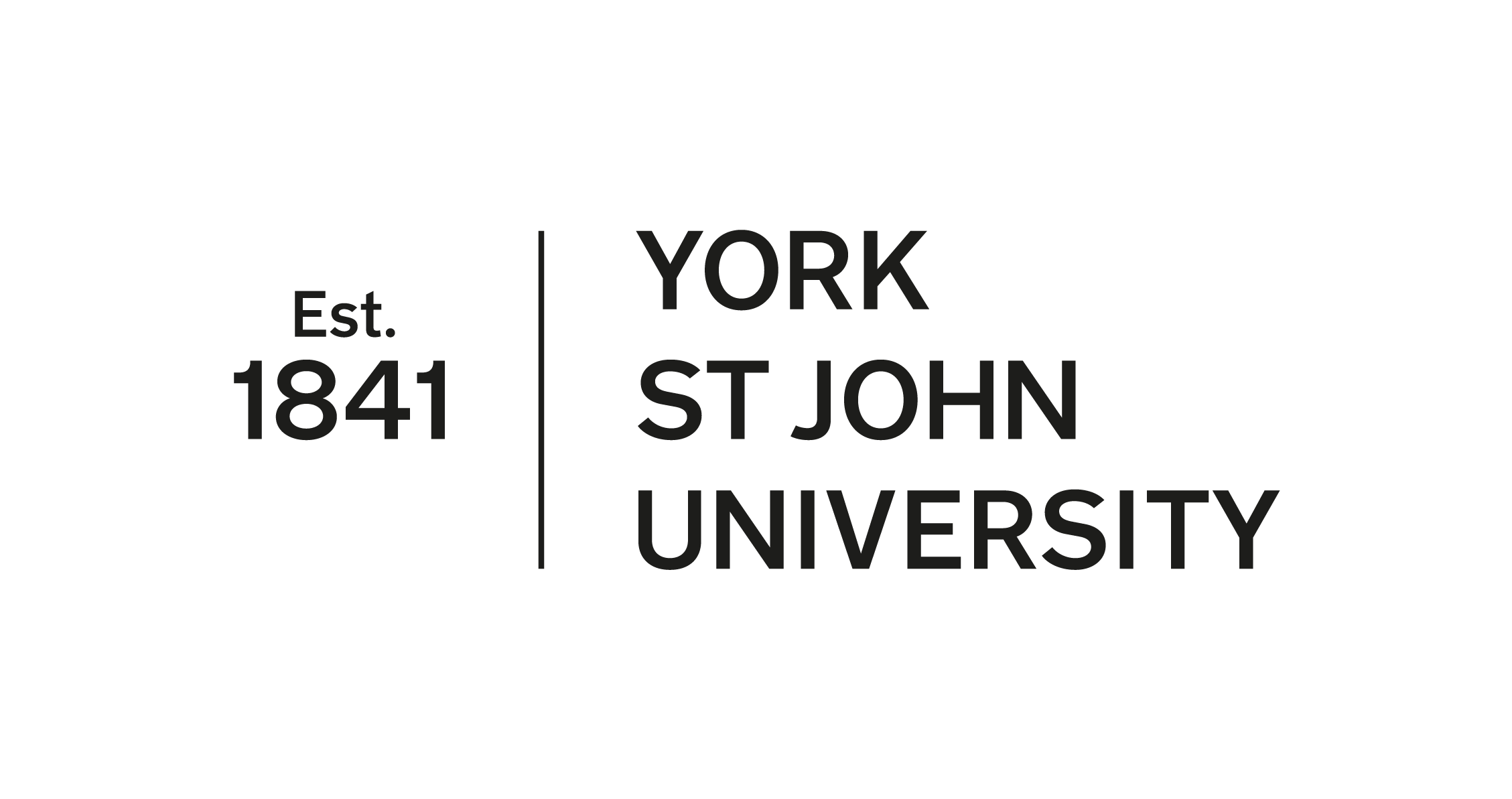If you are new to (British) universities, the grading system and standards might seem strange.
In general, all work is graded using a 100-point scale (%). These 100-points are then divided into grade boundaries.
| High first | First | 2:1 | 2:2 | 3rd | Not successful (compensatable) | Fail Non-compensatable |
| 100 – 85 | 84 – 70 | 69 – 60 | 59 – 50 | 49 – 40 | 39 – 30 | 29 – 0 |
| Distinction | Distinction | Merit | Pass | Not successful (compenstatable) | Fail Non-compensatable | Fail Non-compensatable |
| 100 – 85 | 84 – 70 | 69 – 60 | 59 – 50 | 49-40 | 39 – 30 | 29 – 0 |
Many compulsory education systems (including the British system) use a ranking system based on a distribution of grades. This is called norm-referenced grading. The results in a graph will make a nice bell-curve similar to what is used to determine IQ test standards.
In Higher Education, we use criterion-referenced grading, which means each piece of work is assessed against an Assessment Marking Criteria. At YSJ, the Assessment Marking Criteria will either be the GAD or a rubric derived from the GAD. This means that theoretically, every student has a fair opportunity to be awarded a high first. In practice, the grades often do present a similar distribution as the bell-curve or with a slightly exaggerated peak (preferably towards firsts and 2:1s).

The standards in Higher Education are also deliberately more challenging. A pass mark of 40% might seem very low compared to what you may have been used to before. However, consider that there is a broad degree of difference between a pass (the minimum requirement; competent; safe; correct) and a high first (professional; leading industry example; expert).
Don’t feel disheartened if your grades are lower than what you are used to. Higher Education is a different league (division, ball park, category) and so a lot more is expected of you. You have been offered a place to study because we believe you can rise to that challenge.
Our advice is to think not in terms of percentages but concentrate on the grade boundaries. Your final degree will be based on these (i.e. first, 2:1, or Merit), not the overall percentage. Further still, your learning at YSJ will be a journey of developing, learning skills and knowledge. In much of your assessed work, the assessor will be looking to see what and how you have learned these knoweldges and skills. They are not looking to deduct marks from 100. Use the GAD and your Programme Learning Outcomes to identify what your need to demonstrate to the assessor, and what outputs you can present to demonstrate the full range of your learning.
